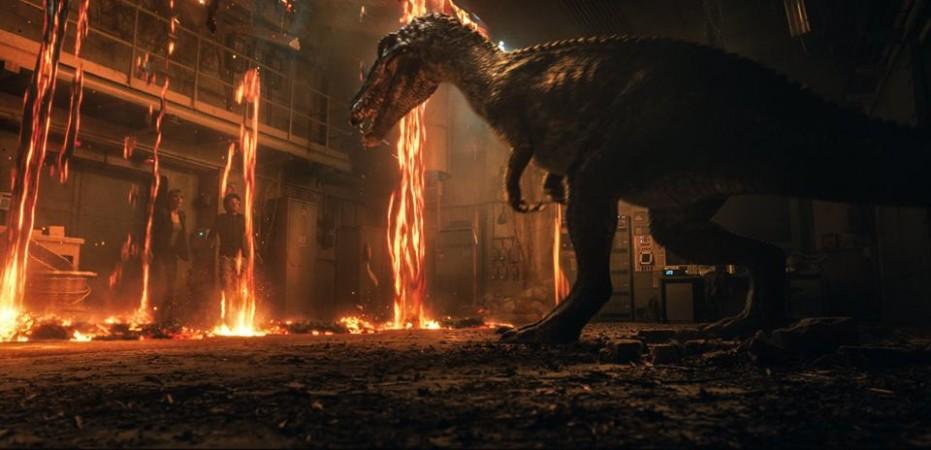
Researchers have discovered the partial skeleton of new species of turkey-sized dinosaurs that roamed between Australia and Antarctica. The Diluvicursor pickeringi, which belonged to the family of herbivorous dinosaurs called ornithopods, lived 113 million years ago.
Also Read: Mysterious corpse resembling dinosaur found in India, flesh still attached to its bones!
The discovery was published on Thursday in the biological and medical journal Peer J. The study sheds light on the diversity of the dinosaur and how Australia and Antarctica were once connected. The skeleton was found in a sea cliff near Cape Otway in Victoria, Australia.
"Diluvicursor shows for the first time that there were at least two distinct body-types among closely related ornithopods in this part of Australia. One was lightly built with an extraordinarily long tail, while the other, Diluvicursor, was more solidly built, with a far shorter tail. Our preliminary reconstruction of the tail musculature of Diluvicursor suggests this dinosaur was a good runner, with powerful leg retracting muscle," Lead author of the study, Matt Herne from the University of Queensland, said in a statement.
"Understanding the ecology of these dinosaurs — what they ate, how they moved, where they roamed — based on the intefossilizedeen anatomy and the environment presents exciting challenges for future research," he said.
Researchers believe that the dinosaurs might have died after getting trapped in a logjam. According to the study, the dinosaur was solidly built and their tail was much smaller compared to other herbivorous dinosaurs.
"The carcass of the Diluvicursor pickeringi holotype appears to have become entangled in a log-jam at the bottom of this river. This sizes of some of the logs in the deposit and the abundance of wood suggest the river traversed a well-forested floodplain," Herne said.
Herne said that they do not know why they got wiped out, but he believes flood might have played an important role in their extinction.
In 2005, the skeleton was discovered by volunteer prospector George, "eroding from such a rock platform at a locality called Eric the Red West, near Cape Otway."
The new species honours David Pickering, a respected Australian palaeontologist and Museums Victoria's Collection Manager, Vertebrate Palaeontology. David died in 2016.
"Much of the fossil vertebrate material from Eric the Red West has yet to be described, so further dinosaurs and other exciting animals from this site are now anticipated," Herne added.














